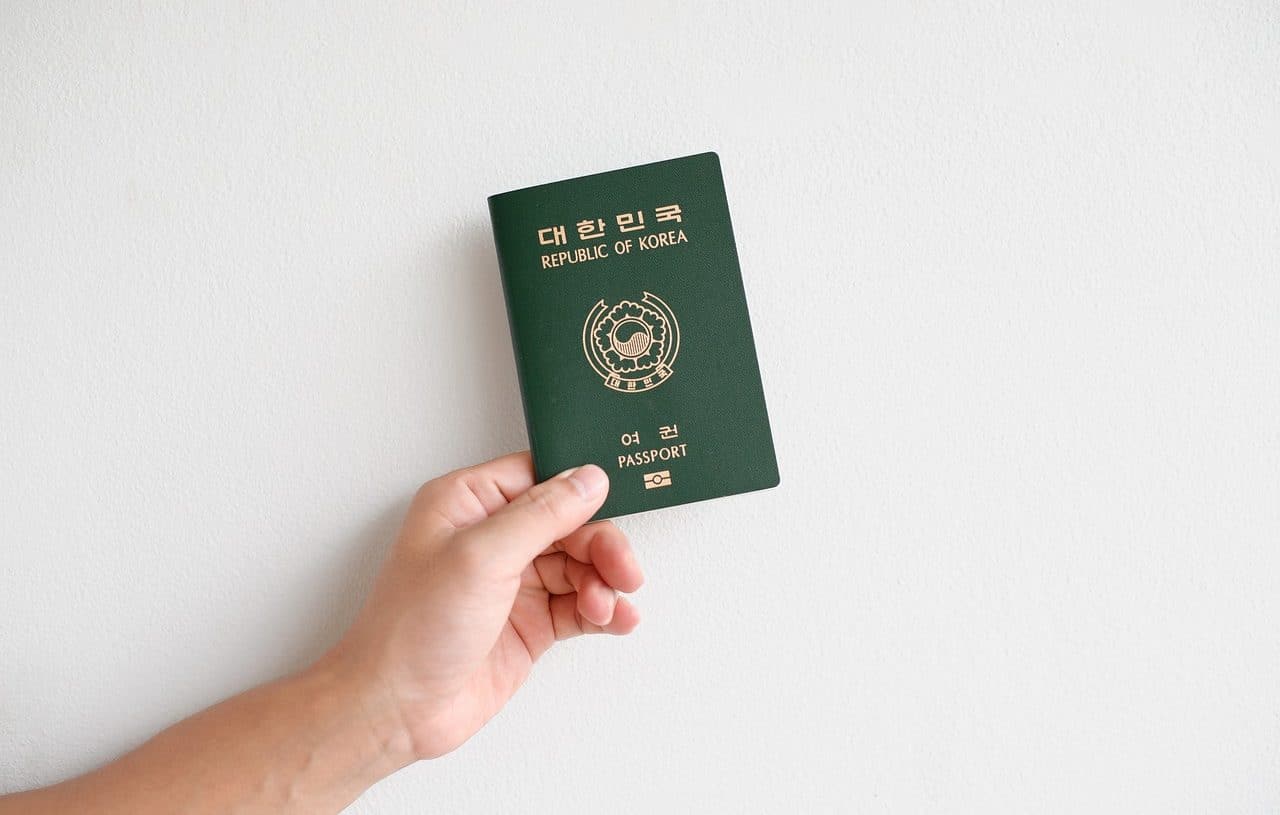
Those who share the first name are namesakes.
Namesake is a concept used when two people share the same name . This means that if two men have identical names, they will both be namesakes. For example: Juan Pérez and Juan Gómez are namesakes who both have the same first name ( Juan ).
Regarding the etymology of the word namesake, most specialists indicate that its origin is found in a phrase that women repeated in Latin during the celebration of their marriage to accept their husband's surname: "where they call you Cayo, There I will be Caya . Based on this theory, some point out that it probably began as a term that indicated the coincidence of name between a man and a woman, saving gender, and that over time it was extended to the use we give it today.
Namesake concept
Generally, only the first name , also known as a given name, is taken to indicate that two or more individuals are namesakes. This is because all members of a family share the last name. Therefore, if the surname were considered, all blood relatives would be namesakes.
In this way, those who have the same first name are namesakes. There are names that are very popular and, due to their frequency, generate a large number of namesakes. This happens in several Latin American countries with names like Juan , Carlos , María or Cristina . On the other hand, when names are less used, finding namesakes is more complicated. If a young Argentine is called Hermenegildo , it will be quite difficult for him to meet a namesake. The same thing will happen to a woman named Rigoberta .

Two individuals may be namesakes or even namesakes, but each has state-issued documents that are unique.
The homonymous people
In some specific cases, the namesakes also share a last name but, however, are not related. There may be two women - who do not even know each other - named Mariana López : both will be namesakes and also namesakes, since their last names are also the same. This particularity can give rise to confusion of different types, even at the bureaucratic level. Each person , in any case, has their own identity document that allows them to be recognized as an individual before State agencies.
Although this is not a topic we deal with often, if it were not for the number or series of characters that identifies each inhabitant of a country, homonymous people, and sometimes namesakes, would have to go through a great deal of confusion. when it comes to completing procedures as simple as reserving a hotel room or enrolling in an educational center. The document number is unique and unrepeatable, and this ensures our individuality against any government agency or private company.
The namesakes in childhood
Meeting a namesake can be a fun and even enriching experience for a person. During our upbringing, it is normal for us to learn to know the limits of our freedom and, in this way, the space occupied by each of the individuals around us, although this takes us a long time, throughout which we enjoy a greater power than we will actually have when we reach adulthood, especially if our elders spoil us.
Discovering and understanding these issues is fascinating for a child, it allows them to get an idea of how special the journey through life can be. But, over the years, we come across numerous situations that show us the importance of others. We are all unique : both animals and plants and any other component of this planet, which we have not created but were born on it, and that is why we must respect it. Crossing paths with a namesake at school can help us a little to reinforce these concepts; When we stop being the only "Cintia" or the only "Hernán" in our world, we understand that we must strive to find what truly makes us special .
